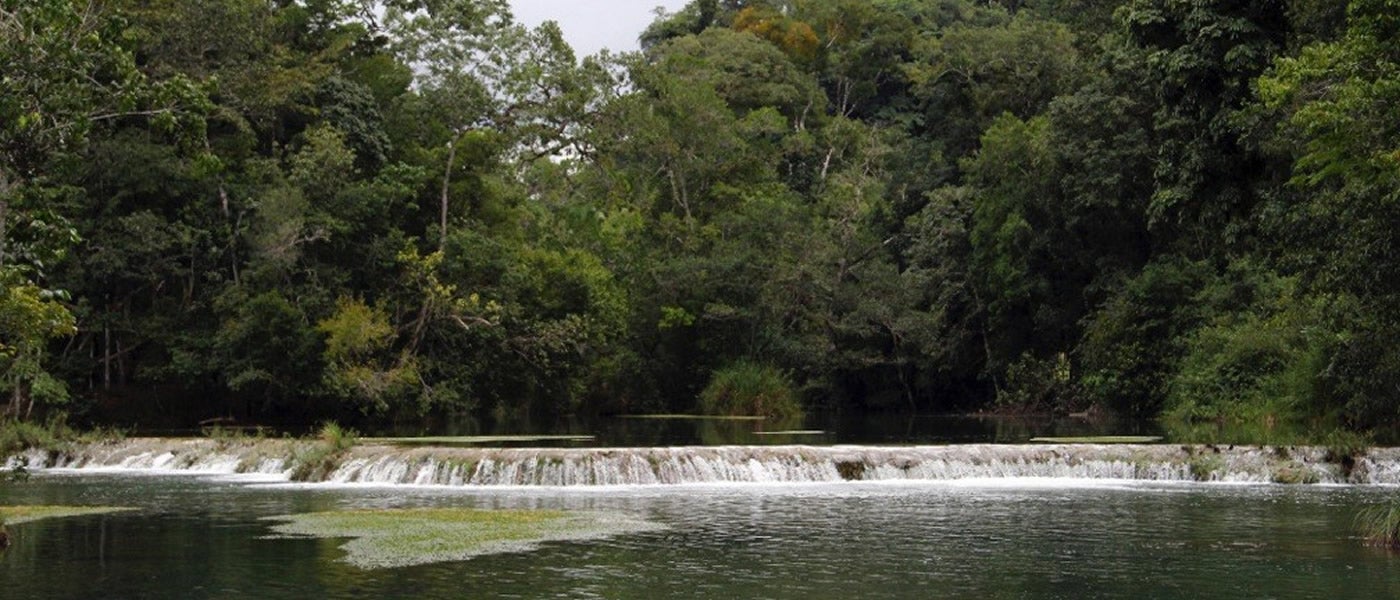By Denise Forrest*
 When we think of wastewater we think of the ways we ‘treat’ it, meaning the types of technology used to reduce the pollution load and the effects of non-treatment of wastewater on sanitation and the environment. All of these are, of course, very important issues. However, it’s not just how we treat it but also how much water we treat. Within the Wider Caribbean Region (WCR), 85% of wastewater generated is not effectively treated. It could be argued that its management seems to fall rather low on the list of Governments’ priorities.
When we think of wastewater we think of the ways we ‘treat’ it, meaning the types of technology used to reduce the pollution load and the effects of non-treatment of wastewater on sanitation and the environment. All of these are, of course, very important issues. However, it’s not just how we treat it but also how much water we treat. Within the Wider Caribbean Region (WCR), 85% of wastewater generated is not effectively treated. It could be argued that its management seems to fall rather low on the list of Governments’ priorities.
In the WCR, sewage pollution from land sources has been the most pervasive form of contamination of the coastal environment and untreated industrial wastewater from sugar, agroindustry and petroleum operations is also a concern. Both domestic and industrial wastewaters have significant impacts on the region’s economic prosperity, its future development and the quality of life of its people. The current ‘treatment’ of wastewater represents a potential threat to the natural resource base (natural capital) on which the economic development of these countries depends.
untreated industrial wastewater from sugar, agroindustry and petroleum operations is also a concern. Both domestic and industrial wastewaters have significant impacts on the region’s economic prosperity, its future development and the quality of life of its people. The current ‘treatment’ of wastewater represents a potential threat to the natural resource base (natural capital) on which the economic development of these countries depends.
Nonetheless, the Caribbean Regional Fund for Wastewater Management (CReW) offers the region an opportunity to look at this issue from a different perspective. CReW is a four year project funded by the Global Environment Facility (GEF) and implemented by the IDB and the United Nations Environment Programme (UNEP). It was established in May 2011 to respond to, and partially address, wastewater management challenges faced by the WCR. The objectives of the project are:
(1) Establish innovative financing mechanisms for cost-effective and sustainable financing of wastewater management in the WCR.
(2) Facilitate policy discussions and strengthen legislative frameworks.
(3) Facilitate regional dialogue and knowledge exchange on wastewater management with the key stakeholders in the WCR.
CReW opens the door for the region to look afresh at wastewater, to rethink the way it manages the sector and to create a new vision for the way it ‘treats’ wastewater. The hope is that the CReW, together with the regional dialogue it promotes, will encourage decision makers in the public and private sectors to ‘treat’ wastewater as it deserves to be treated, by placing it higher on the list of development priorities and creating more openness to the many opportunities provided by its effective treatment.
*Denise Forrest is the Project Coordinator for the Global Environmental Facility, Caribbean Region Fund for Wastewater Management Project (GEF CReW). She has over 12 years’ experience in waste management, environmental management, environmental auditing and assessments and project management. She was lead consultant in the development of the National Environmental Management Systems (EMS) Policy for the Government of Jamaica. She was also part of the team of consultants who developed the National Solid Waste Plan for Jamaica involved in waste characterization studies, waste diversion strategies and operational assessments. She has worked in many Caribbean countries on similar projects. Trained as a biochemist and bioprocess engineer in Jamaica and Australia; she has a BSc. in Natural Sciences from the University of the West Indies, a M.Sc. in Bio-Process Engineering from the University of New South Wales; and an MBA from the University of New Orleans. She is a Certified Project Manager.



Leave a Reply